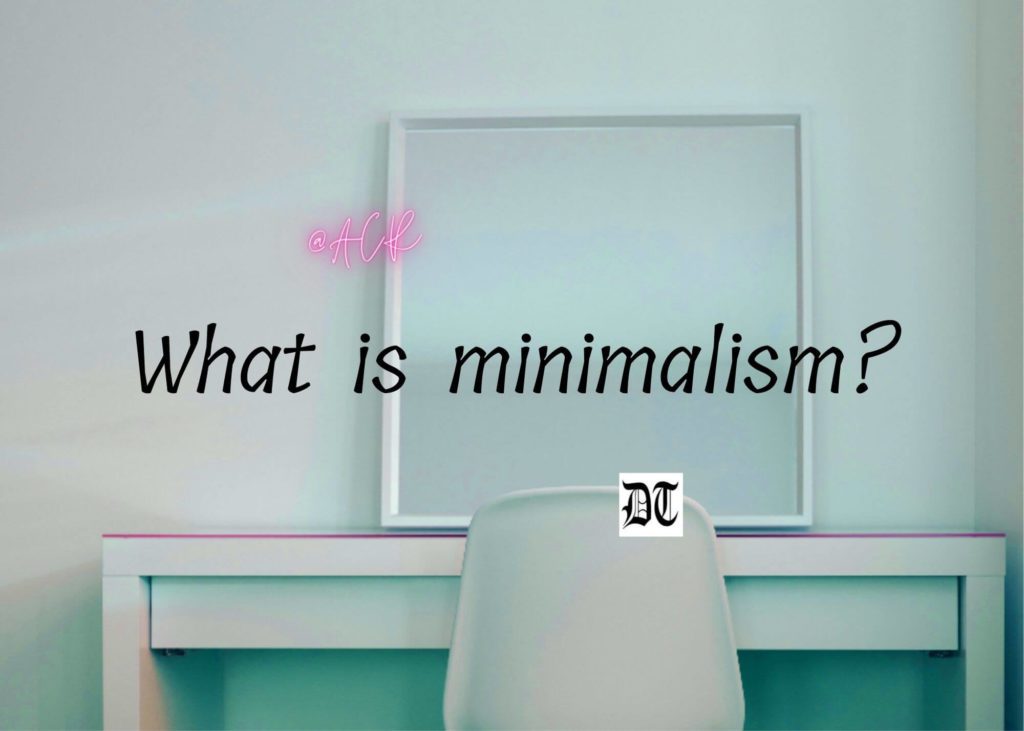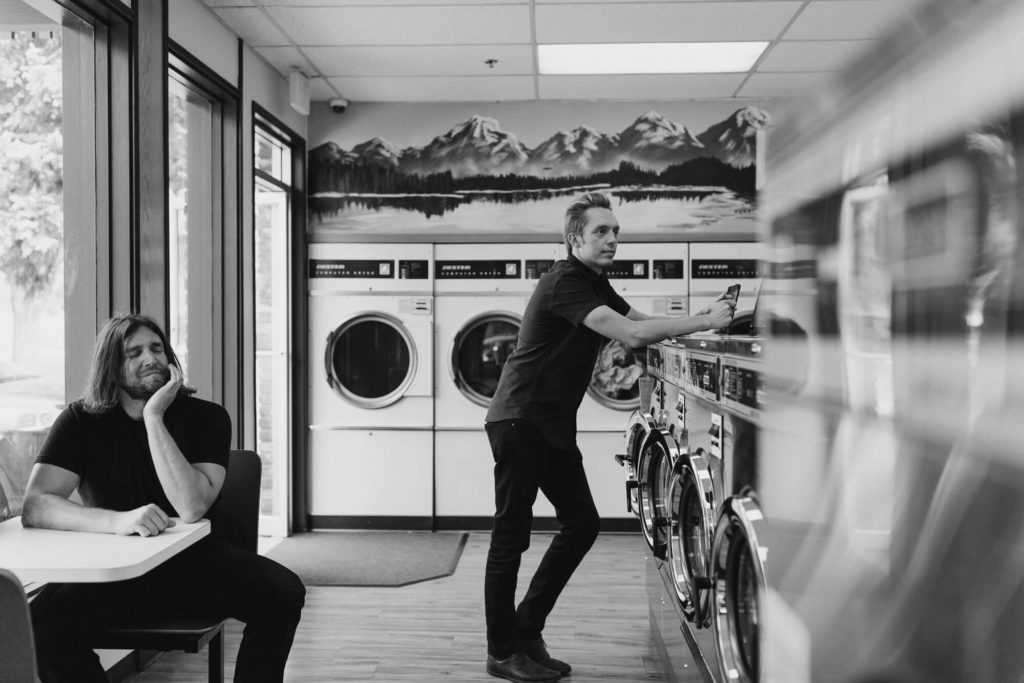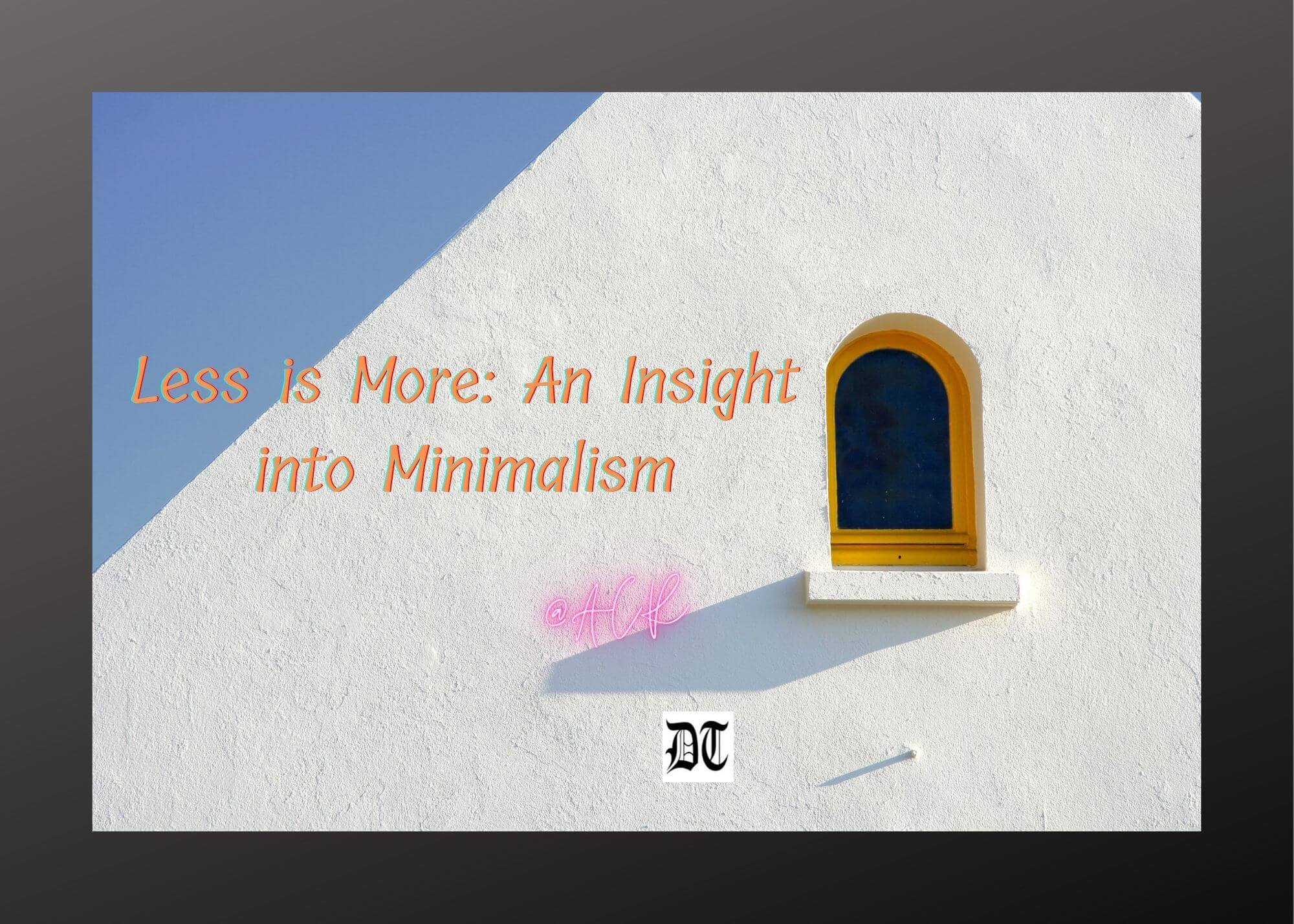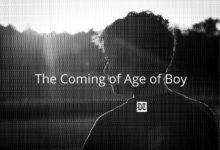The documentary, Minimalism, helped Shivani understand how less is more. She shares the insights with us, exclusively for Different Truths.
Scrolling through a couple of documentaries, I came across this one documentary that gave me a new insight into the spectrum of our lifestyles, called Minimalism. It is a documentary by Joshua Fields Millburn and Ryan Nicodemus.
In the documentary, they have mentioned how, despite all the money they had, and all the things that we, by default, desire… never made them happy.
In the documentary, they have mentioned how, despite all the money they had, and all the things that we, by default, desire, for example, a salary in seven figures per month, expensive cars, huge mansions a humongous collection of clothes, basically all the things that we think puts us in such a social platform that we are termed as ‘successful’, never made them happy. The point they try to make in the documentary is, “Being rich is not the answer, it is not success” and standing by that here is a quote, “I hope everybody could get rich and famous and will have everything they ever dreamed of, so they will know that it’s not the answer,” quipped Jim Carrey.
Joshua Fields Millburn and Ryan Nicodemus help over 20 million people live meaningful lives with ‘less’ through their website, books, podcast, and documentary.

Now, what is minimalism?
Minimalism is a lifestyle where an individual tends to live with less, with fewer material possessions.
Minimalism is a lifestyle where an individual tends to live with less, with fewer material possessions. Minimalism, as explained in the documentary, is a tool that can assist you in finding freedom.
Freedom from fear, worries, overwhelm, guilt, freedom from the trappings of the consumer culture we have built our lives around. Real freedom. I mean our lives have more meaning to them than our financial status, work, and more work, right?
Today’s problem seems to be that we tend to give too much meaning to our things, often taking our relationships, our health, our passions, our personal growths, etc. for granted.
Today’s problem seems to be that we tend to give too much meaning to our things, often taking our relationships, our health, our passions, our personal growths, etc. for granted. For example, one of the scriptwriters of the documentary was so caught up in work, that he did not have a single min. to take any personal calls and did not have time to go visit his mother, who later, died of stage four cancer and he, lost his mother and got divorced the same month, which led him to leave this whole trap of a monotonous schedule and coming down to a simpler lifestyle, cutting down on needs, and realising the importance of minimalism. This brings me to a quote,
People were made to be loved and things were made to be used, these days things are loved, and people are used and that is why the world is in such chaos.
Minimalism just allows you to make decisions more consciously and deliberately.
Minimalism just allows you to make decisions more consciously and deliberately. With lesser distractions around, we can focus on things that matter to us the most, like peace, health, and family.

Joshua Fields Millburn and Ryan Nicodemus have given a list, how minimalism has helped them, is:
- 1. Eliminate our discontent.
- 2. Reclaim our time.
- 3. Live in the moment.
- 4. Pursue our passions.
- 5. Discover our missions.
- 6. Experience real freedom.
- 7. Create more, consume less.
- 8. Focus on our health.
- 9. Grow as individuals.
- 10. Contribute beyond ourselves.
- 11. Rid ourselves with excess stuff.
- 12. Discover the purpose of our lives.
In conclusion, minimalism is a tool to rid yourself of life’s excess in favour of focussing on what is important – so you can find happiness, fulfilment, and freedom, as stated in the documentary.
Further, there are many successful minimalists who lead appreciably different lives…
Further, there are many successful minimalists who lead appreciably different lives, for example, Leo Babauta, Joshua Becker, Colin Wright, Tammy Strobel, and many more around the world who have converted themselves to minimalists.
This could add more meaning to your life, and make you feel less trapped and you can then be less of a machine and become human, it is not an attempt to convince you to get rid of all your material possessions, it can rather be an attempt to let go slowly because less is more.
Visuals by Different Truths and the internet.





 By
By
 By
By
 By
By